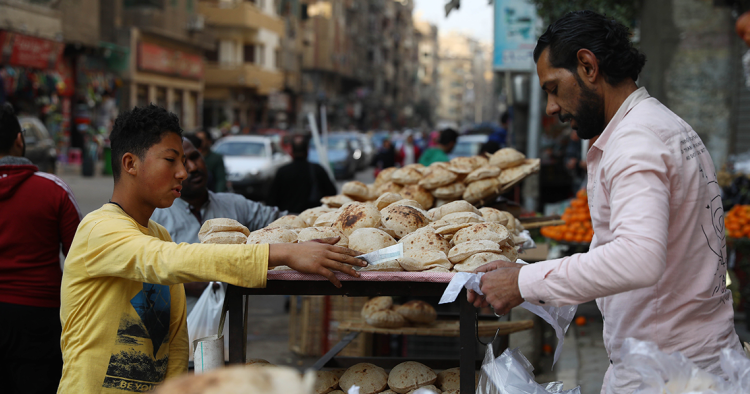The World Bank’s Middle East North Africa (MENA) regional economic update released on April 6, 2023 (with a live webinar I was pleased to moderate) is one that may herald a sharp divide, both within the region, with its uneven economic trajectory and obstacles to human capital development, and globally, as a cleavage between energy exporters and importers. The report signals that in the geopolitics of the energy transition there are important political dimensions and disaggregated trends to consider, affecting the macroeconomic stability of the countries that produce much of the global supply of oil and gas. Its findings focus on the detrimental long-term effects on human capital development of even temporary economic shocks of inflation and food insecurity.
Shared Slowdown in Economic Growth
Oil importers and exporters across MENA, including exporters in the wealthier Gulf Cooperation Council (GCC), will experience a slowdown in economic growth this year. But energy-abundant countries with hydrocarbon exports are not all alike. Those with restricted monetary policies, namely the Gulf states with currency pegs to the US dollar, have weathered the current inflationary environment more easily than most developing-economy oil exporters in the MENA region.
The World Bank estimates that following the MENA regional average acceleration from 2.3 percent real GDP per capita growth in 2021 to 4.4 percent in 2022, there is likely to be a sharp decline to 1.6 percent this year and just 1.7 percent growth in 2024. Even in the GCC, where per capita GDP grew 5.5 percent in 2022, that growth is expected to decelerate to 1.8 percent in 2023. For developing oil exporter Iraq, less than 1 percent per capita GDP growth is expected in 2023.
Continue reading at Columbia's Center for Global Energy Policy
Photo by Ahmed Gomaa/Xinhua via Getty Images
The Middle East Institute (MEI) is an independent, non-partisan, non-for-profit, educational organization. It does not engage in advocacy and its scholars’ opinions are their own. MEI welcomes financial donations, but retains sole editorial control over its work and its publications reflect only the authors’ views. For a listing of MEI donors, please click here.













